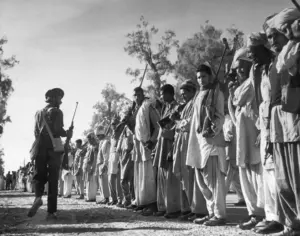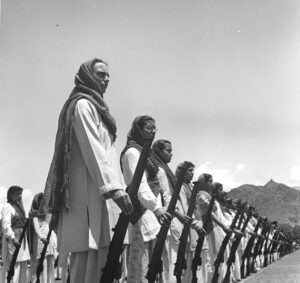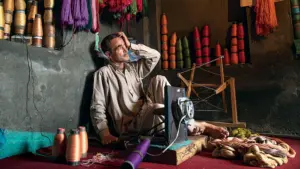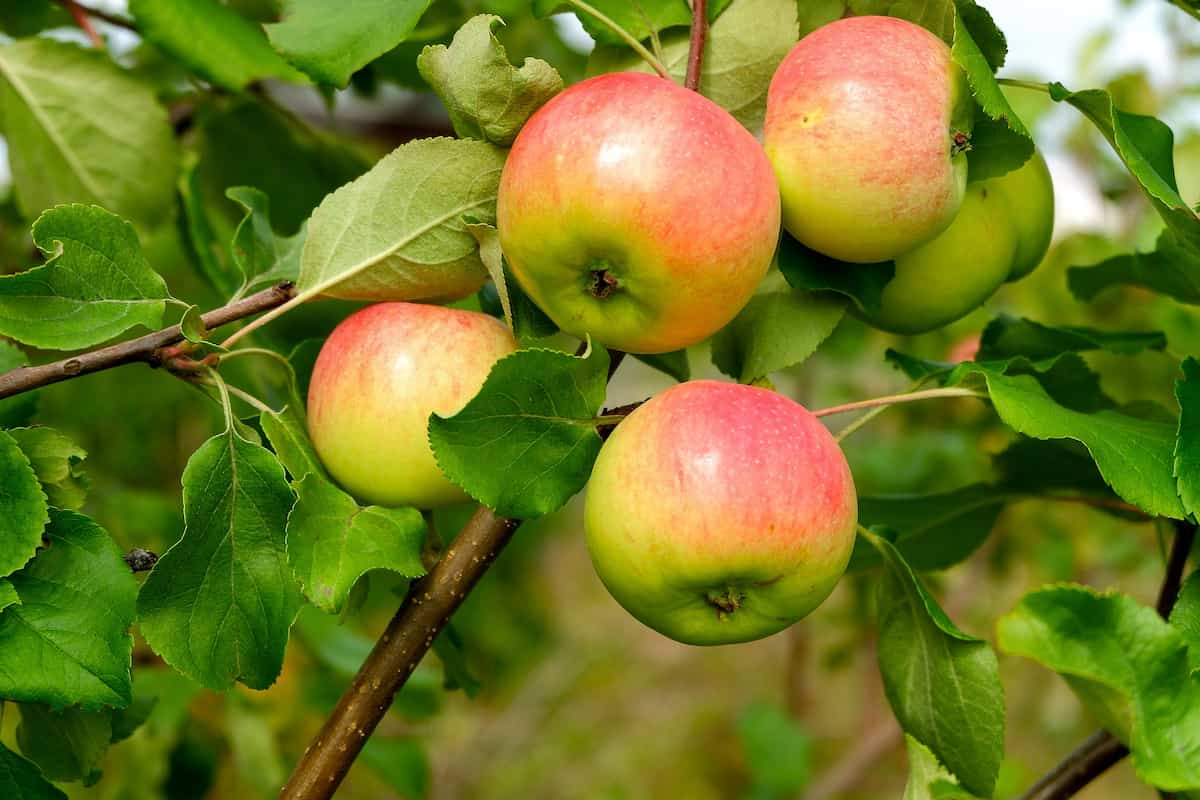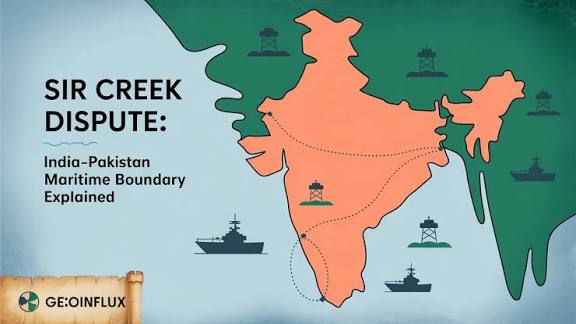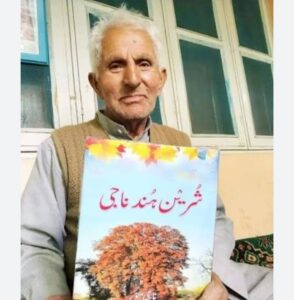By: Dr Rukhsana (Independent Researcher)
The Kashmir Valley is no stranger to calamity. Floods, landslides, and snow have repeatedly exposed its fragility, especially when they sever the Srinagar-Jammu highway, the only arterial link connecting the region with the rest of the country. For decades, each disruption has meant suffocation for the valley’s economy, nowhere more than in its orchards. Apple cultivation, the pride and backbone of Kashmir, is deeply vulnerable to the volatility of transport. A single closure of the highway can push growers and traders to the edge of ruin, for apples are not just fruit- they are wages, school fees, medicine, and sustenance rolled into wooden boxes. But this September, amid devastating floods that once again drowned fields and snapped road connectivity, a new intervention altered the mood: a special train service from Sopore to Delhi, dedicated to ferrying apples from Kashmir’s heartland straight to India’s largest markets
To the outsider, this may appear logistical, a matter of wagons replacing trucks. To the grower watching his orchard partly submerged, or the trader whose capital is locked in thousands of crates stacked in godowns, it is more than a technical fix. It is a shift in lifeline, an assurance that their labor is not fully hostage to the caprice of one vulnerable road. For the first time in living memory, Kashmir’s apple did not wait helplessly for the Ramban landslide to clear; it boarded a train at Sopore and arrived in Delhi. That change carries immense economic, emotional, and political weight.
The significance of this service can only be understood against the scale of Kashmir’s apple economy. With nearly 3.5 million people directly or indirectly dependent on it, apple cultivation constitutes the single largest sector of horticulture in the region and accounts for nearly 8 percent of Jammu and Kashmir’s GDP. Every year, the valley produces more than 20 lakh metric tonnes of apples, supplying over three-quarters of India’s total output. From Sopore’s fruit mandi -Asia’s largest wholesale fruit market -to the smallest hamlet in Shopian or Pulwama, the apple economy sustains households, funds education, pays medical bills, and anchors social life. Its annual turnover is estimated at 10,000-12,000 crore, feeding a chain of growers, traders, packers, transporters, commission agents, and laborers. Each crate that leaves the valley is not just produced ; it is a promise of survival.
As a researcher, fieldwork during the September floods revealed both despair and relief. In an orchard in Pulwama, Abdul Gani stood near 250 boxes stacked under sheets of polythene, rain dripping down their sides. “Every year, the highway is our jailer,” he said, “we pray for its mercy.” His family had watched helplessly as waterlogged fields swallowed nearly one-third of their crop. Yet this time, his son had managed to send a truckload by rail from Sopore. “When those apples reached Delhi, I felt as if my own blood had reached safely,” he confessed. For him, the train did not erase loss, but it prevented complete devastation. “We survived because of that train,” he said simply.
At Sopore fruit mandi, the mood was equally telling. Normally, when the highway closes, the mandi resembles a graveyard -buyers withdraw, prices collapse, and crates rot. This time, though shaken, the mandi was not silent. Traders stood in circles poring over railway schedules, allocating wagons, negotiating commissions. Imtiyaz Ahmad, a trader who had invested nearly 30 lakh this season, explained the difference: “In past years, when the highway closed, I would lose everything. Delhi buyers cancel orders, and I am left ruined. This year, I shifted 40 percent of my stock by train. Loss is still there, but not collapse. The state gave us a lifeline when we needed it most.” His words carried both gratitude and a tough reminder: the service must not remain a one-time gesture. “Don’t make this a headline. Make it a habit,” he said.
The importance of this service lies in more than economics. Kashmir’s growers have long felt abandoned in crises. Natural disasters are often treated as excuses, with the state lamenting rain or snow while growers shoulder the cost. Relief has typically been piecemeal and delayed. By directly intervening with a structural transport alternative, the state has altered this script. It has shifted from symbolic sympathy to material intervention. In the valley’s political imagination, this matters profoundly. Each wagon that departs Sopore is not just cargo- it is a signal that the government is willing to touch the most sensitive nerve of the economy. For growers accustomed to invisibility, this recognition itself carries dignity.
Growers echoed this sentiment repeatedly. In Shopian, Bashir Ahmad, whose orchard lies along the floodplain, was blunt: “Our apples do not wait for speeches. They need transport. The train gave us that when the road betrayed us. It shows that the state is learning.” His son, a college student, added with pride: “When we saw pictures of our fruit reaching Azadpur on time, we felt Kashmir had not been silenced by the floods. That train carried not just apples, it carried our resilience.”
The Sopore-Delhi train also reveals the role of infrastructure in reshaping vulnerability. For decades, Kashmir’s economy has been held hostage to geography. The highway’s closure is an annual certainty, whether due to landslides, snowfall, or accidents. Growers had internalized despair as routine. By offering a parallel route, the state has punctured that fatalism. It is a precedent- the recognition that dependence on one road is unacceptable. This precedent can, if institutionalized, transform policy: expanding the service, building cold-storage integration, subsidizing air cargo, and investing in processing. The floods, paradoxically, have opened a window for resilience.
Traders, usually quick to criticize, were candid about the shift. In Sopore, one told me: “For years we shouted ourselves hoarse, but nobody listened. This time, the state acted before collapse. It proves that our economy is not invisible.” Another added: “If the train continues, it changes the rules of trade. It means less blackmail by road closures, less waste, and more confidence with buyers in Delhi and Mumbai.” For the trading community, predictability is as valuable as profit, and the train begins to provide that.
The broader apple economy, however, remains under pressure. Floods destroyed thousands of boxes, orchards were submerged, and losses ran into crores. Cold storage facilities remain insufficient, and insurance coverage is weak. Yet the train service offers a way of mitigating, not magnifying, such shocks. It transforms total collapse into partial salvage. As one elderly grower in Pulwama put it, “The apple is our blood. This year, much of it was washed away, but what we saved reached Delhi by train. That train stitched our wounds.” His voice captured the blend of grief and gratitude, fragility and resilience.
The state deserves acknowledgment for this intervention. Too often in Kashmir, governance has been critiqued- and rightly so- for indifference and delay. But here, amid catastrophe, the government showed foresight. By operationalizing a direct Sopore-Delhi service, it acted not after the disaster had run its course, but during it. This shift from reactive relief to proactive lifeline is not cosmetic. It is the difference between despair and survival. In giving growers and traders a functioning alternative, the state has demonstrated that it can stand alongside its people rather than above them.
The lesson is clear: Kashmir’s economy cannot be left to the mercy of one fragile artery. The Sopore-Delhi train must not remain an emergency measure. It should be institutionalized as a permanent corridor, expanded to other mandis, and integrated with storage and processing. If that happens, the floods of 2025 will be remembered not only for what they destroyed but for the resilience they catalyzed. In the words of Amir Ahmad Dar, a trader in Kulgam: “This train is not charity, it is justice. Keep it running, and you will see Kashmir’s economy rise instead of sink.”
What began as a crisis-response can thus become a long-term blueprint. Kashmir will always live with floods and landslides, but it need not always live with despair. By giving apples a train, the state has not only moved produce; it has moved perception. It has shown that when governance chooses to intervene decisively, fragility can be managed, lifelines can be diversified, and dignity can be preserved. This September, amid floodwaters and broken roads, Kashmir’s apples did not rot in silence. They boarded a train at Sopore, they arrived in Delhi, and in that journey lay a fragile but real promise: that resilience is possible, that the state can act, and that growers and traders can breathe even when the valley is drowning.
( THE VIEWS EXPRESSED IN THIS ARTICLE ARE SOLELY THOSE OF THE AUTHOR )

